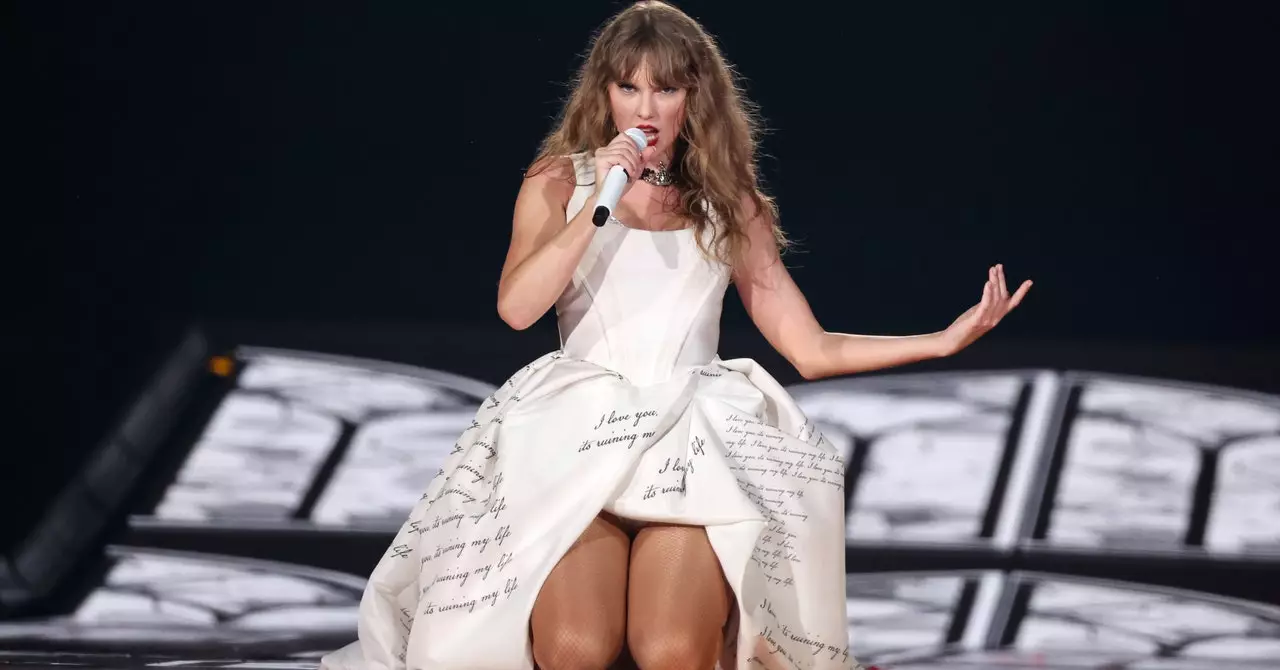The recent public discourse surrounding Ticketmaster has reached a fever pitch, primarily catalyzed by a series of high-profile events that have placed the ticketing giant under scrutiny. What began as a significant debacle among fans of renowned artist Taylor Swift has evolved into a larger investigation into the consolidation within the ticketing industry, igniting a much-needed debate about monopolies and their implications in the entertainment sector.
In May, a hearing convened by the US Senate took center stage, addressing concerns about the monopolistic dynamics at play in the ticketing industry. Following this hearing, the US Department of Justice (DOJ) filed an antitrust lawsuit against Ticketmaster and its corporate parent, Live Nation. The lawsuit posits that the two entities have been utilizing their supposed monopoly power to suppress competition. Live Nation’s counterclaims suggest that the DOJ’s case lacks merit, arguing that the real issues afflicting fans—such as exorbitant ticket prices and fluctuating service fees—aren’t effectively addressed by merely labeling Ticketmaster a monopoly. They assert that market dynamics, including a decline in market share for Ticketmaster and the majority of service fees being allocated to venues, fundamentally challenge the narrative presented by the DOJ.
The heart of the matter lies in the lawsuit filed by Swift’s fans, which alleges a range of grievances against Ticketmaster and Live Nation. Accusations include breach of contract, fraud, and various antitrust infractions. Central to these claims is the assertion that Ticketmaster failed to honor its commitments, particularly regarding presale ticket access for dedicated fans. This alleged misconduct extends beyond Swift’s fanbase; the new lawsuit is poised to encompass a broader array of artists, thus amplifying the system’s scrutiny.
Moreover, the lawsuit suggests that Ticketmaster’s strategies involve establishing exclusive partnerships with major venues, thereby effectively monopolizing the ticketing market and inflating prices to maximize profit. The legal complaint delineates how this monopolistic behavior has resulted in elevated ticket prices that defy competitive market standards, wherein fans are compelled to navigate limited alternatives.
This growing discontent among consumers reflects broader anxieties surrounding corporate power and market fairness. As Ticketmaster continues to face scrutiny over its business practices, the conversation shifts toward the future of live entertainment and ticket sales. The implications of this controversy extend beyond just fans of popular artists; they underscore systemic challenges in a highly consolidated industry where economic leverage often skews outcomes against consumer interests.
Thus, this case, while specific in nature, can stir a significant reevaluation of the intersection between entertainment, economics, and consumer rights. As investigations continue, the repercussions for Ticketmaster and Live Nation may reshape how tickets are sold and the overall landscape for fans seeking a fair and transparent purchasing experience.
While Ticketmaster defends its practices, the evolving legal actions indicate a mounting challenge to the status quo, potentially paving the way for a more competitive and consumer-friendly ticketing environment.

